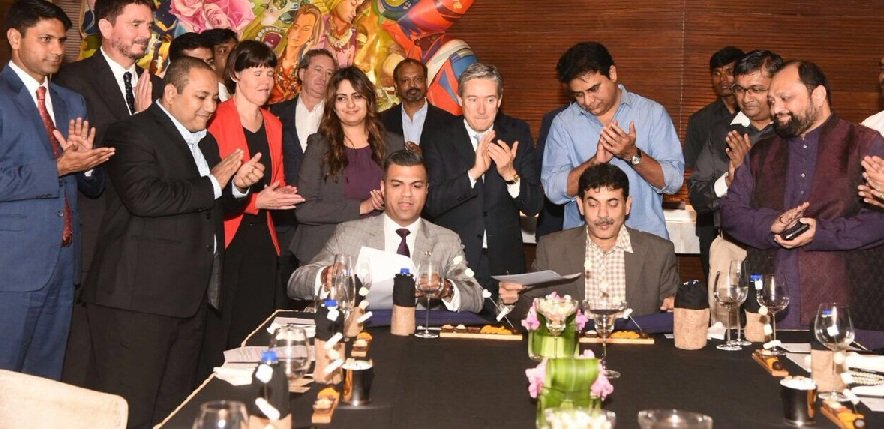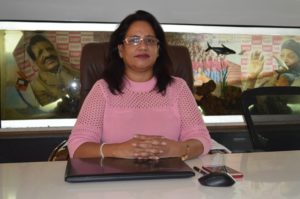 With the advent of various free applications, teaching processes are fast evolving from teacher-directed monologues to learner-centred explorations, writes Husien Dohadwalla, Edupreneur, for Elets News Network (ENN).
With the advent of various free applications, teaching processes are fast evolving from teacher-directed monologues to learner-centred explorations, writes Husien Dohadwalla, Edupreneur, for Elets News Network (ENN).
Prime Minister Narendra Modi in a recent programme stated that the focus needs to shift from quantity to quality of education. Using this as a premise, technology can be a significant driver of quality education, so that, increasing number of schools can provide a holistic and interactive learning experience to make our students future-ready.
Traditionally, the usage of technology in education was hardware-centric and comprised a computer lab setup, introduction of projectors or plasma screens, among others. However, with the advent of various free applications, teaching processes are fast evolving from teacher-directed monologues to learner-centred explorations. These technologies not only come at minimal costs but also upgrade the learning experience to become more immersive and interactive, allowing students to go beyond textbooks and classroom walls to fuel their curiosity.
Here are some technology-aided plugins to help teachers become facilitators, and classrooms become student-centered learning spaces.
Google Classroom: One of the biggest challenges we face in India is the widening teacher-student ratio, as reported by the Washington-based research organisation, Brookings Institution. Technology can help mitigate this challenge with the use of free software such as Google Classroom, a part of the G Suite for Education. This tool helps teachers create an e-classroom experience with space for appending reference material as well as assignments. The teacher can also go through assignment submissions, export score sheets and give constructive individual feedback to each child. This can also help the teacher save time on clerical work and bring to the table latest relevant topics of interest from websites such as Khan Academy, YouTube, among others, and also by use group dynamics for inquiry learning.
Kahoot: Gamification in classrooms is widely used to aid learning, as it makes the process more interesting as well as interactive. Kahoot helps teachers make assessment fun. With gamification elements added, students interest is piqued which thereby leads to a better and more productive outcome for them. With colourful avatars and animated messages, the experience of assessments can be transformed into a fun, online learning exercise, for free
Flipgrid: Recently, in one of our schools, we asked students to conduct a research on Starbucks and how its business has adapted to different markets and cultures across the world. The aim of this exercise was to help kids understand the impact of globalisation with examples from the real world. We introduced the software Flipgrid to them. Flipgrid allows students to record short video responses and share it with their classmates on the subject grid. The tool also provides a platform for students to interact, discuss and respond to videos made by each other so that diverse and novel perspectives can be exchanged. With the help of such software, the traditional teacher-directed rote learning methodologies can give way to peer-learning and self-learning approaches, which work more efficiently due to its explorative and interactive nature.
While technology was traditionally considered to be hardware-related in the Indian education landscape, there is more to it than meets the eye. The need of the hour is strategic investments for better tech-competency in the teacher community, an introduction to e-learning methodologies and encouraging collaboration between schools across countries as well as continents. Moreover, low adaptation costs of such software are a boon for upscaling quality on a larger scale and helping it reach millions of learners. I am confident that such tech-integration will certainly lead to the flawless and efficient evolution of Ed-India 2.0, faster than we could have expected a decade ago.
(Mr Husien Dohadwalla, is the Head of Curriculum – Middle, Secondary and High School, at the Fazlani L’Academie Globale and the DY Patil International School Network.)


































